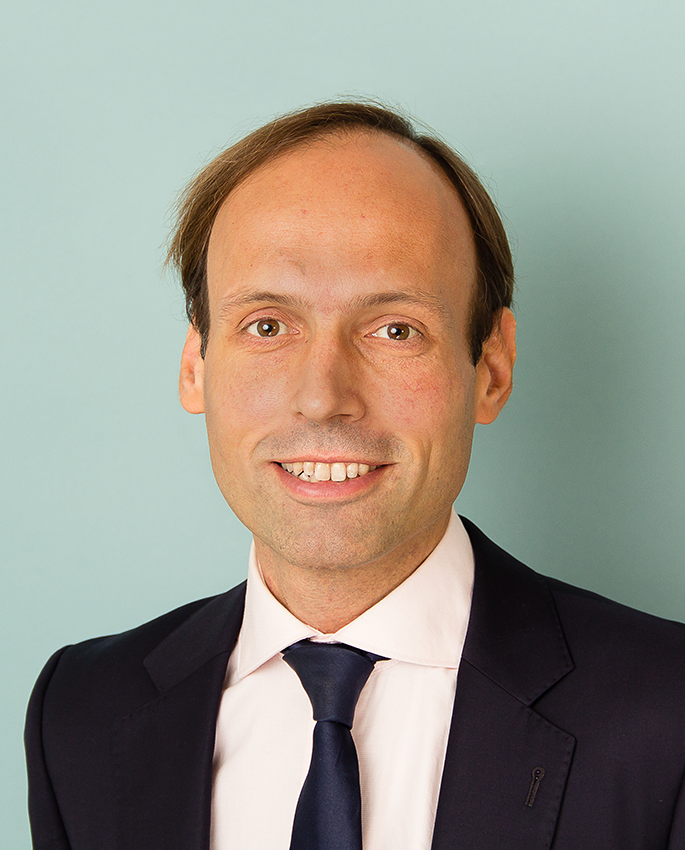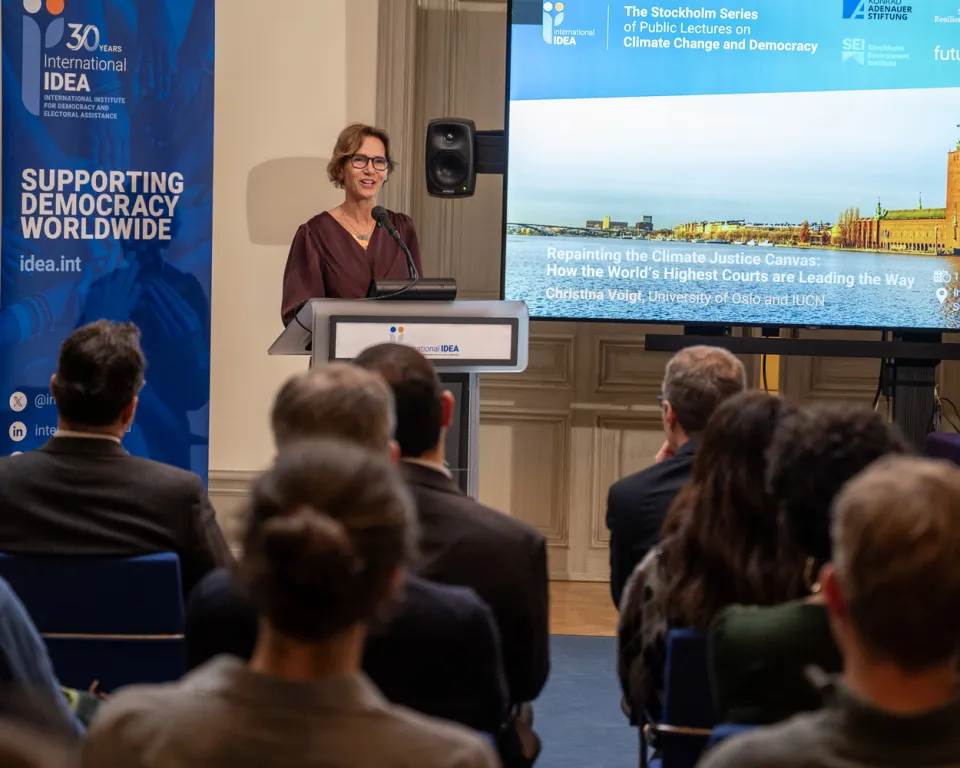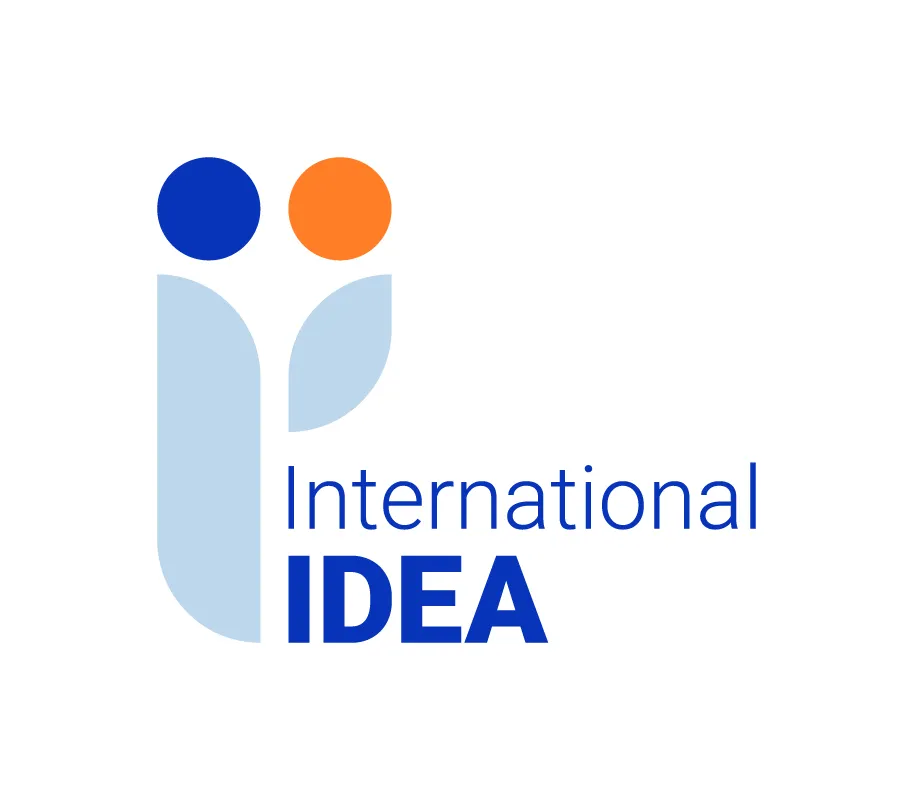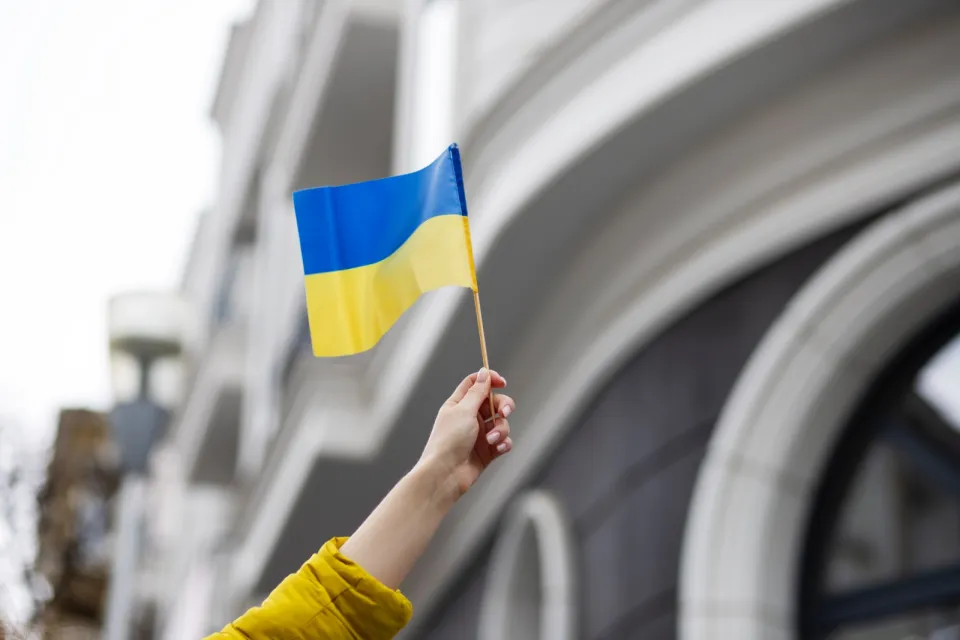Democracy experts should seek a central role in shaping the post-coronavirus order
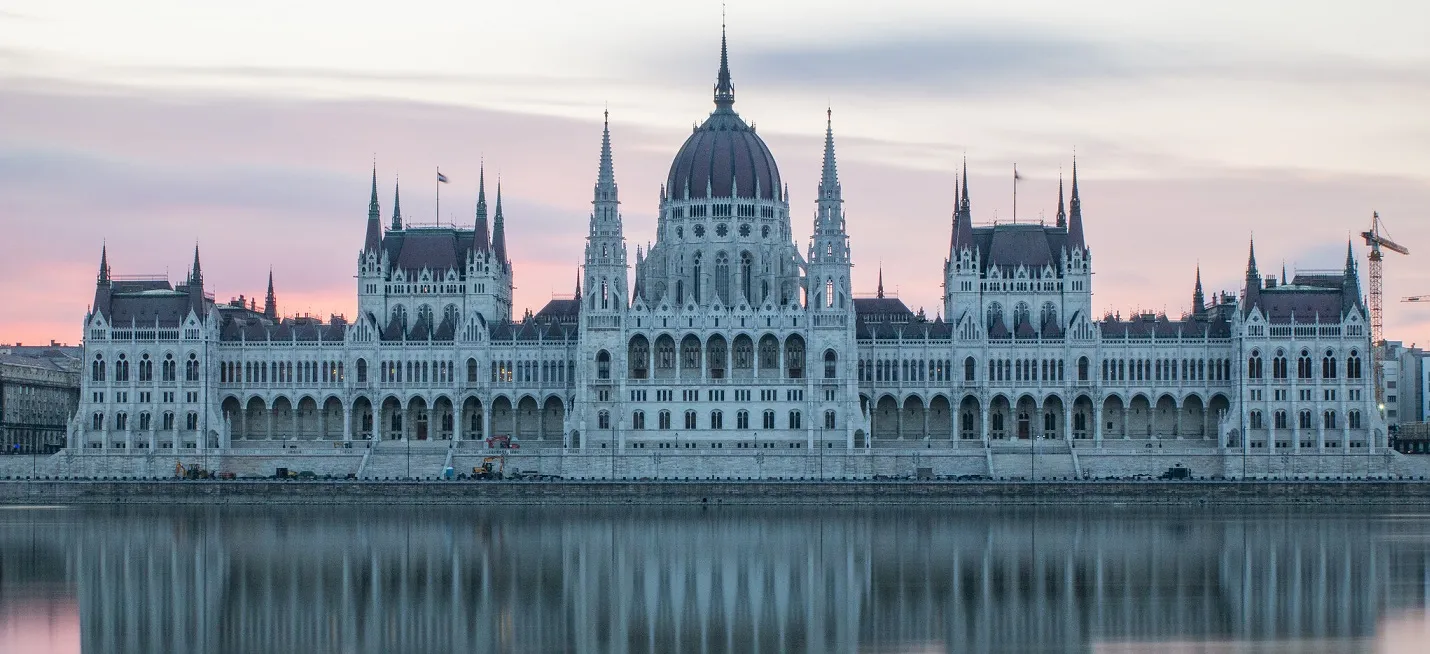
The COVID-19 outbreak has substantially increased the presence of experts in national politics. As Sam van der Staak writes, however, experts on democracy have so far had relatively little involvement in government responses to the pandemic. He argues that once the crisis shifts beyond the immediate disaster-control phase, democracy experts should seek a central role in shaping what comes next.
The outbreak of the coronavirus pandemic has catapulted previously unknown experts to the political centre stage. Virtually all western governments have formed expert bodies overnight to provide advice on emergency measures.
Britain’s Scientific Advisory Group for Emergencies (SAGE), France’s Comité Scientifique COVID-19, and Italy’s Comitato tecnico scientifico (CTS) are already household names with direct daily access to presidents and prime ministers. Some have reached oracle status among citizens desperate for confinement relaxation.
A closer look, however, reveals that each expert group operates differently. For instance, while the reports of Britain’s SAGE and the identity of its members are shrouded in secrecy, the Netherlands’ Outbreak Management Team is transparent about both its members and its reports to government.
A second difference is the extent of political exposure that each group receives. While Germany’s Leopoldina experts shun a political role, the Dutch Outbreak Management Team has defended its reports from the benches of parliament. Sweden’s body politic completely defers its daily coronavirus press briefings to experts, with no politician in sight.
A third variation is the type of experts that advise governments. While obviously most are health scientists, some governments are also briefed by the likes of mathematicians on outbreak scenarios, or ICT pundits on contact tracing. Belgium’s exit task force, for example, has economists and lawyers on it.
Worryingly, democracy experts, be they academics or practitioners, are currently few and far between in coronavirus advisory bodies. That may be understandable for the immediate disaster-control phase, where public health is the overriding priority. However, for the upcoming exit and reconstruction phases, they deserve a seat at the table.
Democracy experts offer a wealth of knowledge in times of public catastrophe. They act as watchdogs to check if limitations on civil liberties are proportional to combat the health emergency. They can tell upfront why Korea is able to organise successful elections under a health crisis, and why Poland’s rushed postal-voting attempt was doomed to fail. They know why in France a state of emergency is no long-term threat to democracy, and why in Hungary unchecked emergency measures put democracy in danger.
In the long run, democracy experts can advise and monitor how emergency measures are rolled back. They will also help to heal the political wounds that the economic recession, mass-layoffs and towering debts are certain to inflict.
There are three ways for democracy experts to gain relevance in political decision making. First, rather than peddling old ideas, they should integrate lessons from the crisis for a post-coronavirus political order. Dusting off old hobby horses will only remind politicians of Albert Einstein’s quip that no problem can be solved with the same thinking that created it.
Second, democracy experts will get their foot in the door only if they close ranks and rally around a few core principles. They should avoid the mistake of climate experts, who bickered for decades before agreeing on common carbon reduction goals, creating a battery of climate sceptics along the way. Joint democracy principles could include when to lift emergency restrictions on civil liberties, the conditions for restarting elections, or measuring the damage to democracy after the COVID-19 storm abates.
Third, democracy experts should demonstrate the connections between their knowledge and that of other experts. After the 2008 financial crisis, democracy experts failed to convince politicians of how inclusive politics could help countries recover, later missing a seat in the 2012 eurozone crisis. They should now learn from that mistake. Especially important is the enabling role of democracy for the three topics that will dominate the recovery: healthcare, economics and climate change.
The spotlight role of experts is unlikely to end with the current crisis. First, because the general public now trusts experts more than ever. Opinion polls show trust figures of around 70 per cent for leading epidemiologists in countries like Sweden, Belgium, and the US, often well above that of the politicians they advise.
Second because, as Francis Fukuyama put it, government competence is what distinguishes good from bad responses to the coronavirus. A government that knows what it is doing, with plenty of expertise and the capacity to accomplish things, is what set Korea apart from Italy and Singapore from Iran. Weak governments have learned this lesson the hard way.
Therefore, politicians will probably continue to listen to experts for at least a little while longer. However, whether they will take centre stage or do so from behind the scenes is yet unknown. First, because the return of the expert has not been uncontroversial. While some praise them for making more informed and less partisan decisions than politicians, others defend the prerogative of politics and warn that only elected politicians have the legitimacy to take decisions that can balance economic, health and social interests.
Second, because many experts struggle in their new public role. Some scholars dislike the game of politics in which some of their academic caution is filtered out. Others have been crushed in the mills of politics. Political pushback made an Austrian expert quit his country’s coronavirus taskforce, Britain’s SAGE lost its Chair after the media discovered that he had violated his own warnings, and American top expert Anthony Fauci’s job is at risk with every critical remark he makes.
Whatever shape it will take, experts of all stripes will play a central role in shaping the post-coronavirus order. Democracy specialists should seize the opportunity and join their ranks.
Note: This article gives the views of the author, not the position of EUROPP – European Politics and Policy or the London School of Economics.
This Commentary was first published by the EUROPP Blog of the London School fo Economic and Political Science (LSE)
